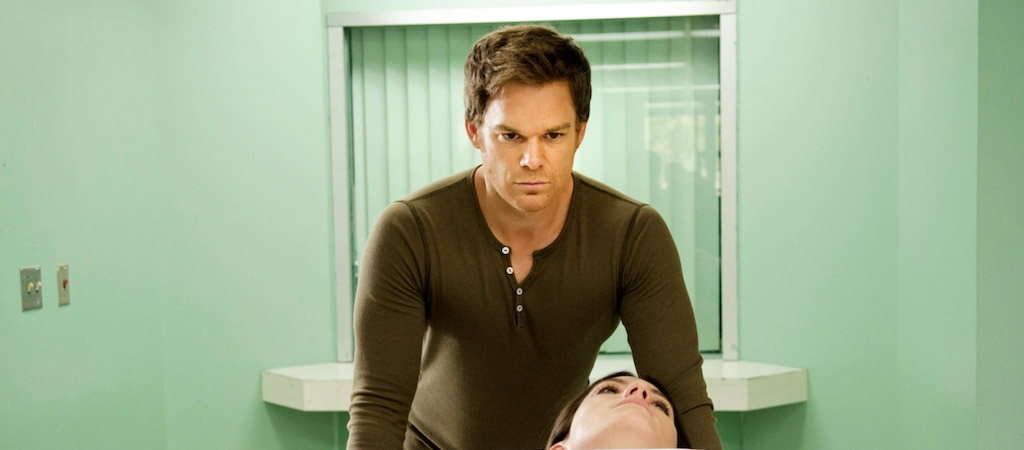
Isaias Hernandez became an educator the same moment he became a student. As early as elementary school, he had to help his teachers with the basic pronunciation of his first name, as the abundance of vowels proved tricky for the anglicized tongue. It’s no wonder he has grown naturally adept at introductions — skilled at turning complex concepts into digestible content.
Isaias is now 25 and is perhaps most widely known by a different name altogether: Queer Brown Vegan. Under that moniker, he has introduced his community (and the worlds of Tik Tok, Tumblr, Twitter, and Instagram) to the importance of environmentalism as it relates to race. His goal has been clear from the beginning, not simply to “create content” but to craft informative visuals that make environmental issues a little more digestible. From addressing the threats of the fossil fuel industry’s imprint on his hometown of Weehawken, New Jersey to creating infographics, green screen visuals, and illustrations that easily explain the impact of environmental issues, Isaias is your go-to personality for making hot topic eco-quandaries feel manageable.
It’s a noble cause and a worthwhile one. The ecological conversation has long been plagued by claims of being too thorny or complicated to decipher. Laying issues out in a digestible way in the places where young people spend time — TikTok, IG, etc. — is the most logical approach to creating a true societal shift.
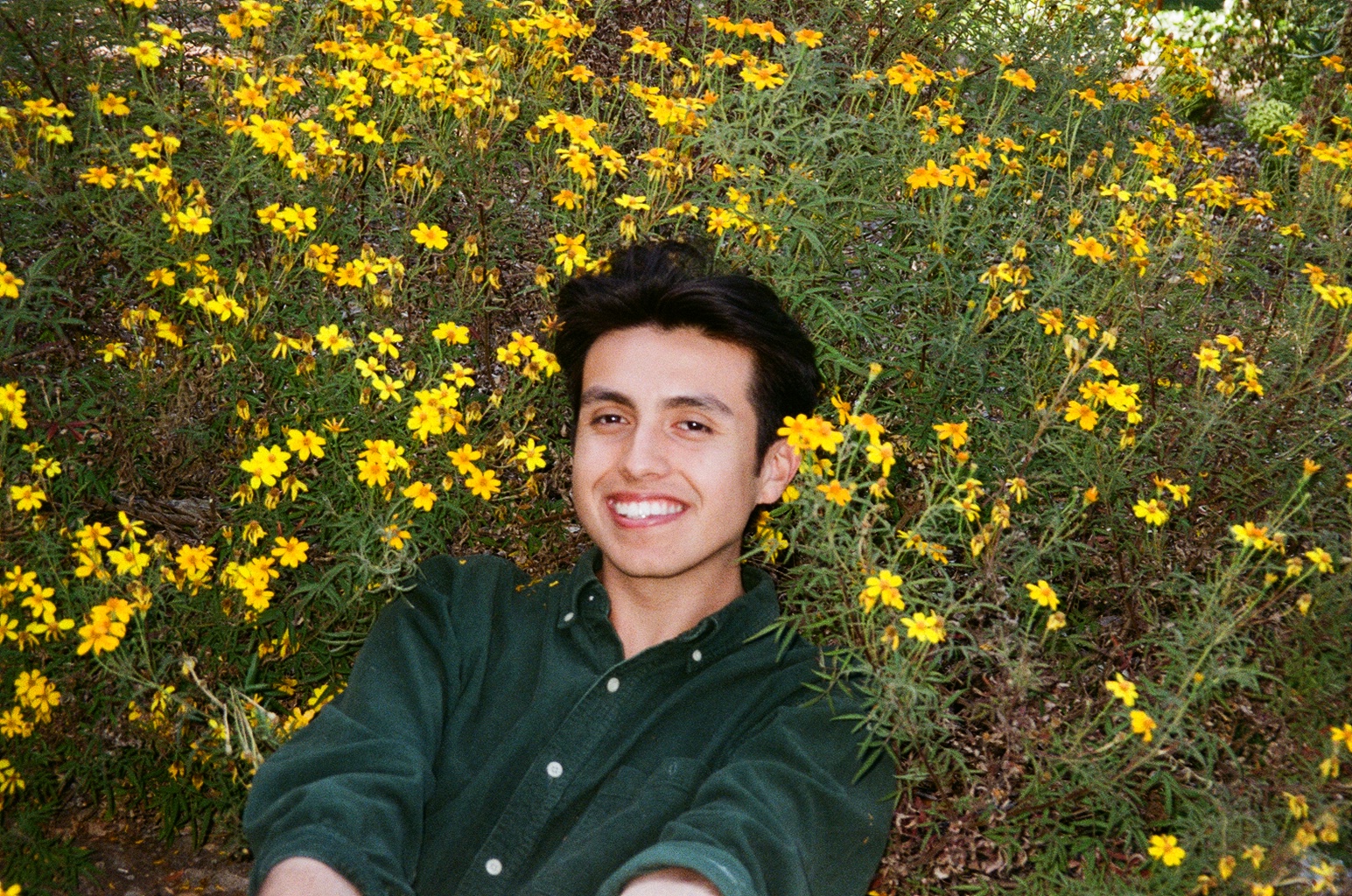
It’s no shock to learn that Isaias is the child of a teacher, he’s a natural educator. But after immigrating from Mexico, his mother was unable to teach in the United States, due to her immigration status. This is the narrative that fuels the Queer Brown Vegan brand — a focus on education shared via engaging visuals and offered free of cost to anyone, regardless of socioeconomic status, immigration status, race, gender, or sexual orientation.
“I’ve always been a visual learner,” says Isaias. “I started off using colorful graphics because, for me, learning took the form of color-coding my notes throughout my education journey and I feel that color helps make education more engaging—specifically for Generation Z and Millenials who are interested in a more interactive style of learning.”
It takes only a brief trip to the website QueerBrownVegan.Com to find ample examples of stunningly crafted visuals, aesthetically-pleasing blog posts, and warm-toned infographics that make even the most frustratingly complex of environmental issues seem easier to grapple with. But what’s even more evident is the care Isaias has for his audience. To the point that the moral responsibility he feels fuels the work itself.
“I use psychology principles when I talk about climate emotions and mental health,” he says, “especially in regards to the eco-anxiety that many BIPOC communities deal with to normalize injustice in their lives. It has really allowed me to share my vulnerability about my own mental health through planetary health — a lot of people relate because there are very limited resources for exclusively people of color that might have direct experience with climate change and it is difficult to navigate because we all have such varying experiences with this issue.”
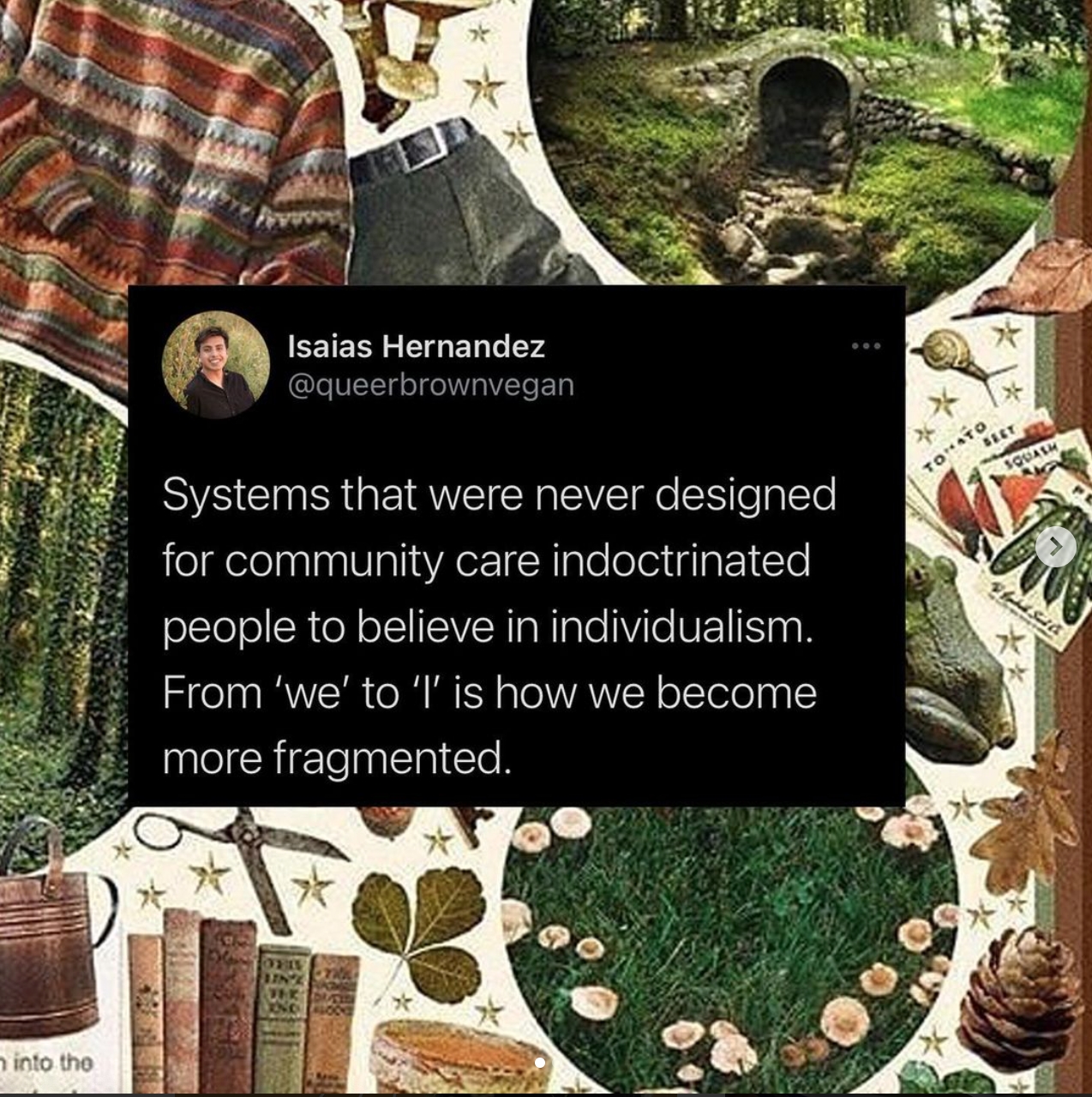
Despite his wide-ranging knowledge of how race, environmentalism, and systemic oppression intersect, Isaias acknowledges that his work has limits. It has to extend beyond him as a single, charismatic individual and spread through his various communities.
“I’m proudest when I get to meet the people who interact with my work,” he says. “Because what I do is a localized solution rather than a globalized, long-term solution. I very much recognize that my role in this movement is not to be scaled up, actually. I just have always believed that keeping it on a local level is what’s sustainable for my community as well as for my own mental health.”
That is the mantra of a good educator. The group is emphasized over the individual — not me but “we.” It’s a concept that is embedded in everything Queer Brown Vegan does.
“At the end of the day, it’s about people who are choosing to build longer relationships together and invest in a reciprocal relationship,” Isaias says. “Strong relationships — that’s what will really help our planet.”
***
We asked Isaias for the advice he’d give to anyone hoping to better the planet — he offered these three keys:
- Interrogate your values, especially of your own power and privilege.
- Choose something that you deeply love. Not everyone needs to be an educator. Be a model or a photographer or a forager or a musician. We need different people in this work that are able to intertwine their passions with an environmental lens.
- If you’re a student, look into how you can change your local food system. Maybe you convince your cafeteria to divest from agrochemicals.

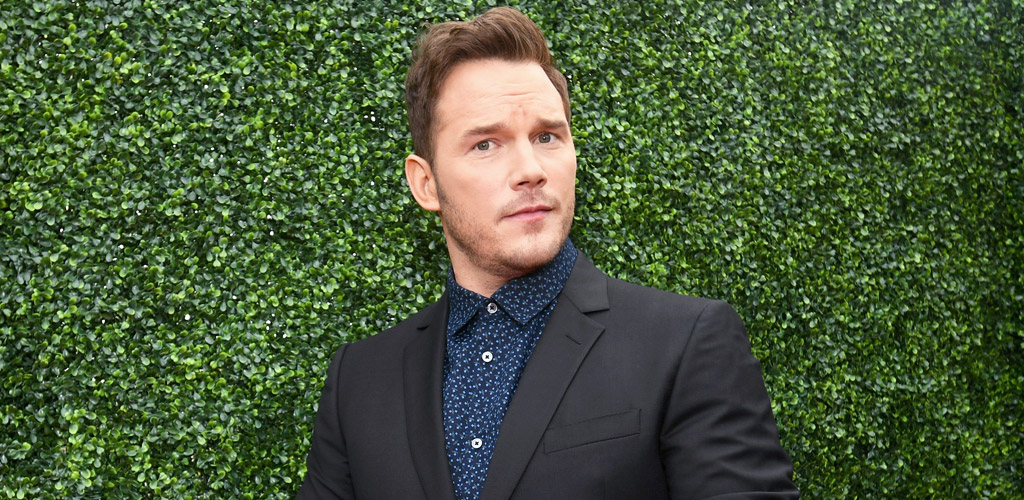
 (@multiofmad)
(@multiofmad) 
 Δ
Δ


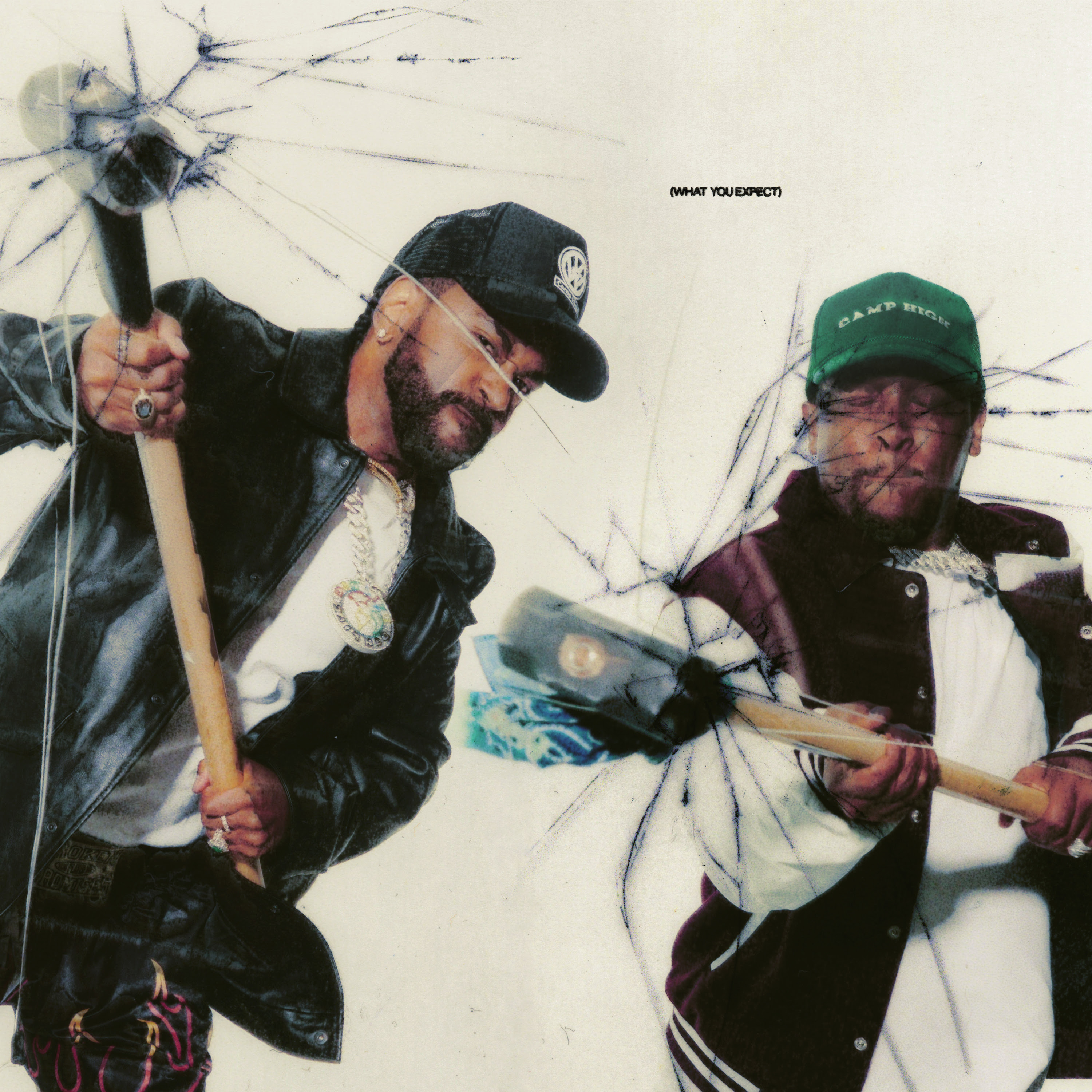
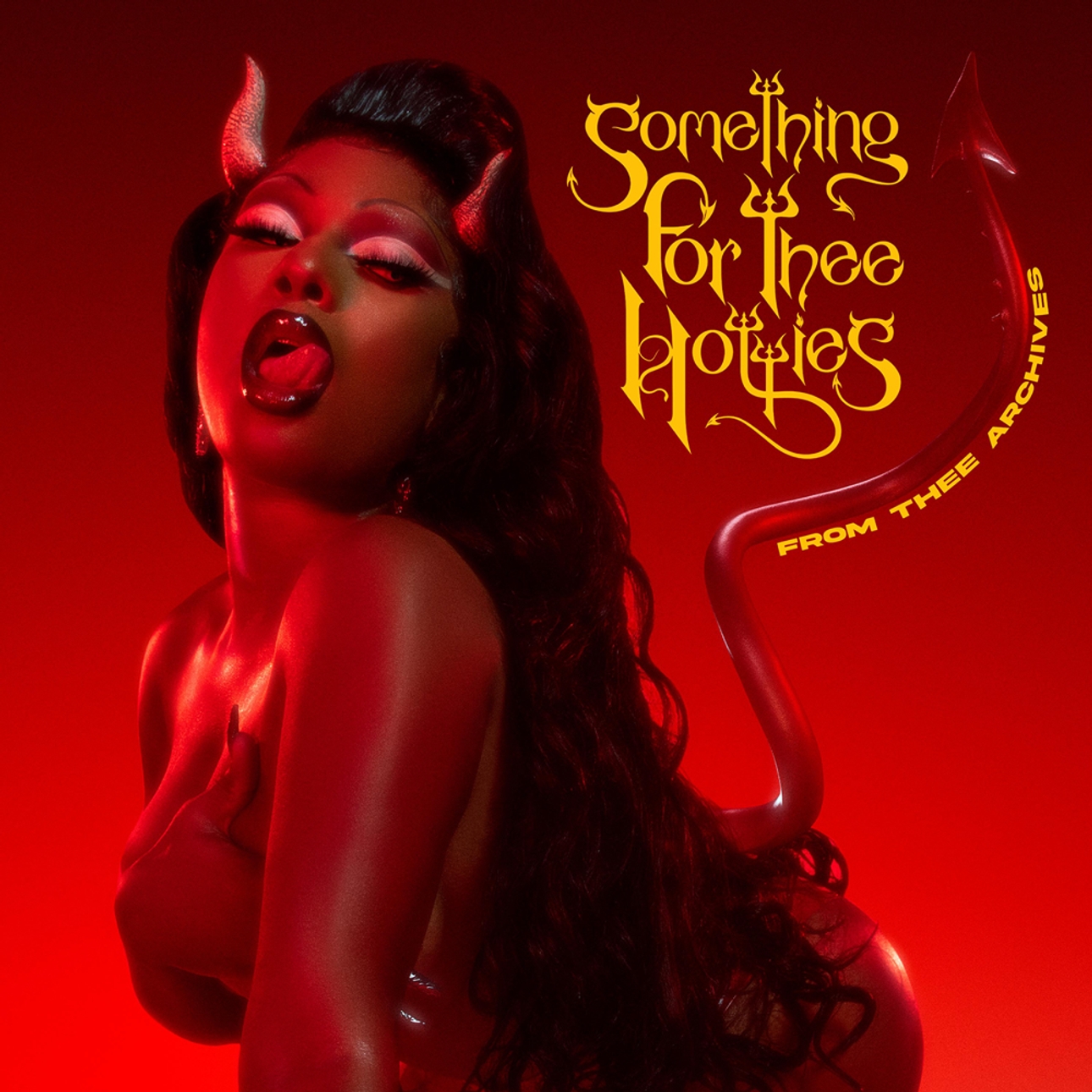
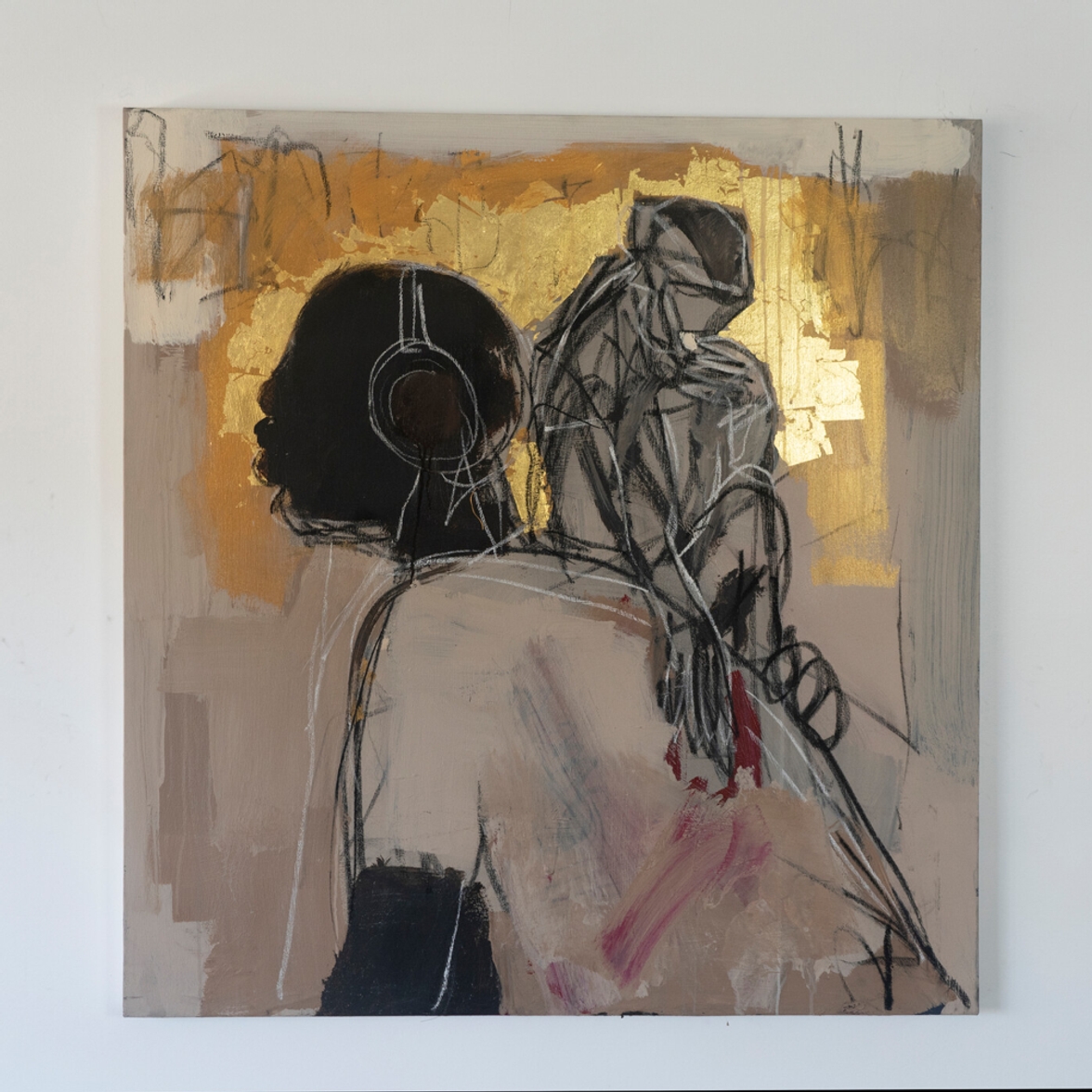
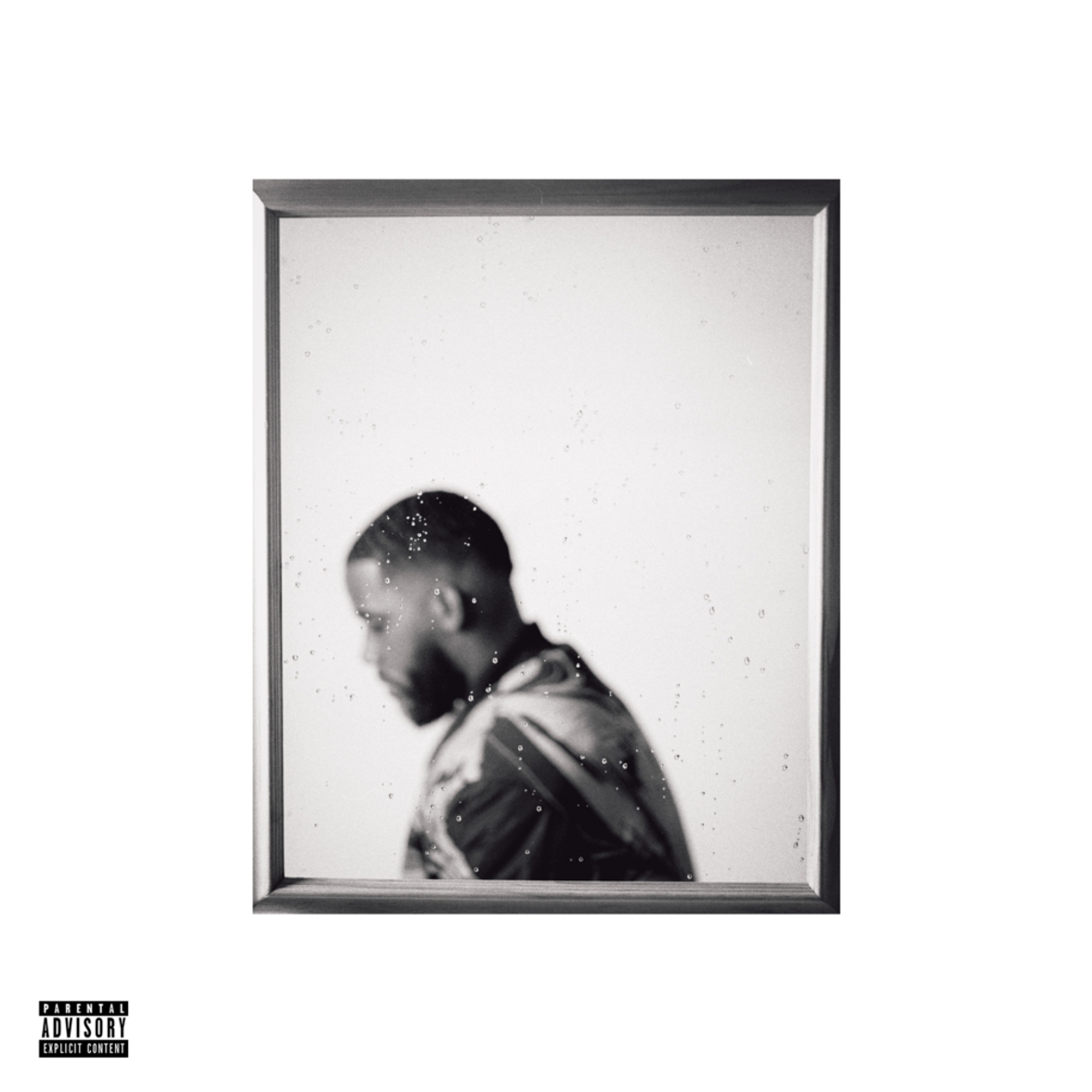
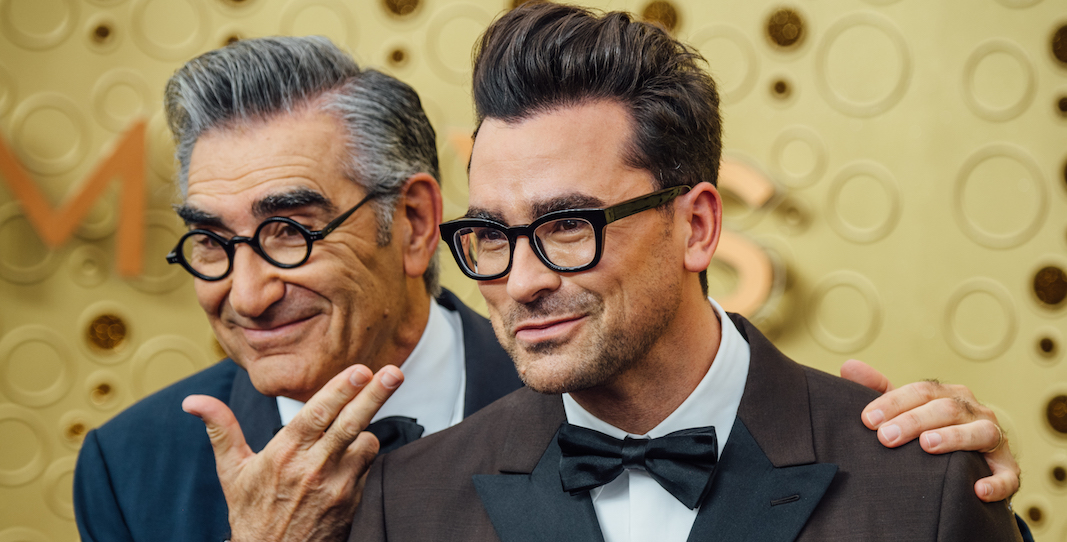
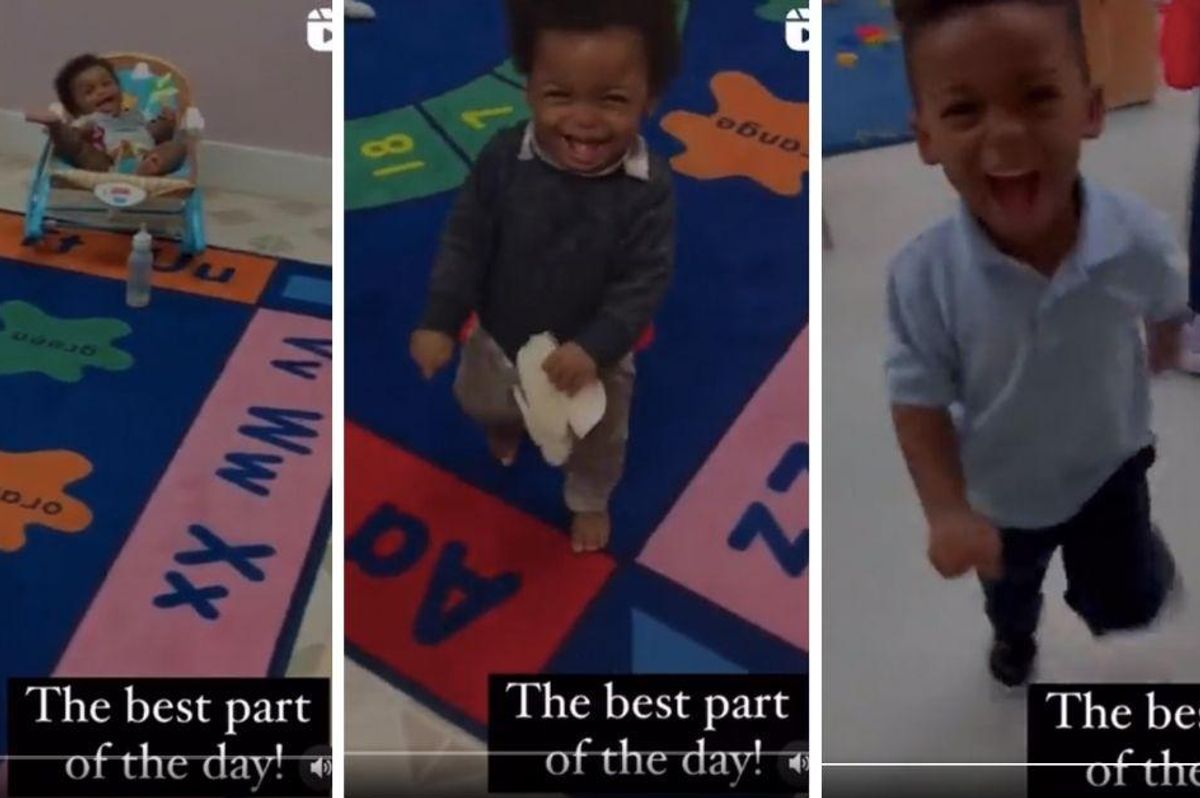
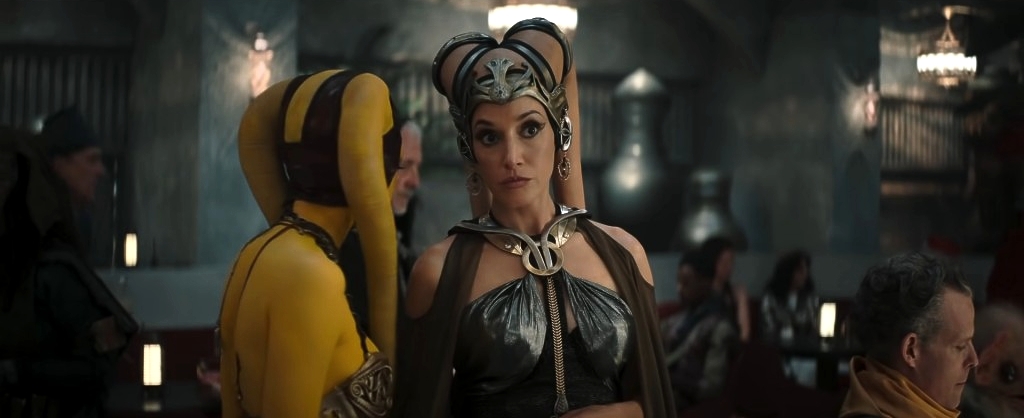
 The little kid in me is jumping up and down.
The little kid in me is jumping up and down. 
